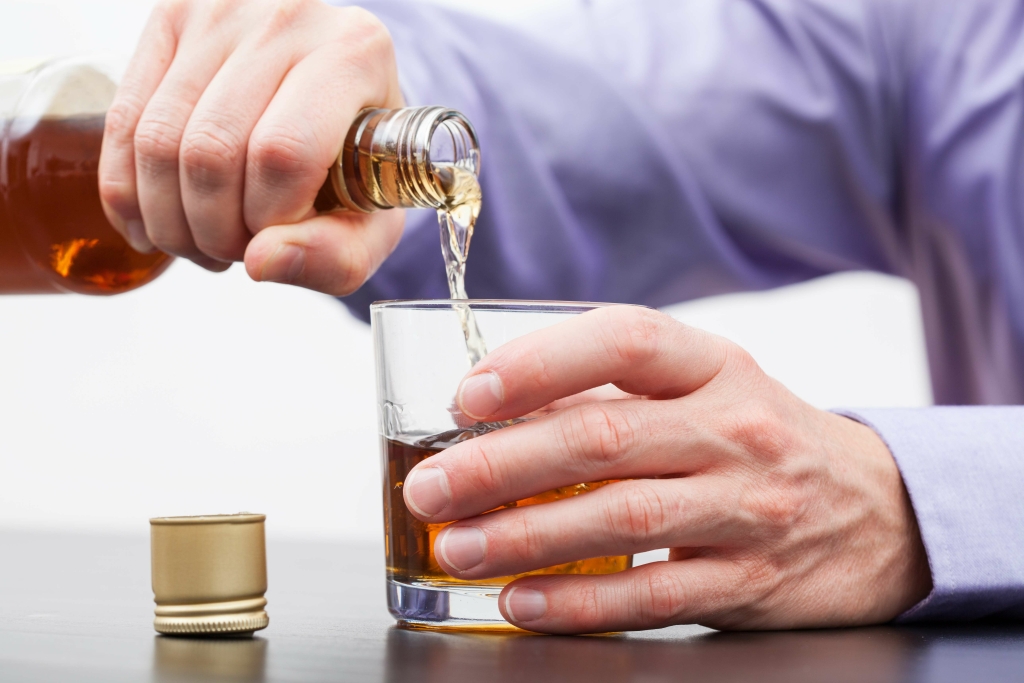Allergic to Alcohol? 10 Common Symptoms of Alcohol Intolerance
Of course, alcohol withdrawal itself can also cause anxiety and panic attacks. Withdrawal anxiety is complicated, but it essentially comes from the way your mind experiences the stress of losing out on alcohol. So much goes on in your brain that it alters your brain’s chemicals and causes a host of physical changes that can lead to anxiety. That’s why when you stop drinking, it’s not uncommon to experience a range of terrible symptoms, including anxiety.

She specializes in a variety of health topics including mental health, dementia, celiac disease, and endometriosis. Research shows people who have a supportive social network are more likely to remain alcohol-free after withdrawal. Those with a wider circle of support have a better chance of staying sober.
Everything You Need to Know About Sneezing
When this blood-brain barrier isn’t protected as it should be, the brain is more susceptible to headache-inducing triggers. Some people find that when they drink alcohol, they experience sneezing and nasal congestion. Long-term heavy drinkers https://ecosoberhouse.com/ may be predisposed to developing an anxiety disorder. However, there is no evidence that moderate drinking will cause anxiety. The sense of relaxation you feel when you drink can often be attributed to your blood alcohol content (BAC).
Studies show support groups play an instrumental role in helping people develop healthy social networks that result in continued sobriety. For people who experience hallucinations as part of alcohol withdrawal, these may begin in the 12- to 24-hour time frame. Alcohol withdrawal symptoms range from mild but annoying to severe and life-threatening.
Sulfites intolerance
In fact, you may feel more anxious after the alcohol wears off. Drinking alcohol can have serious consequences if you’re being treated for anxiety. Having a drink might seem like a good way to ease anxiety, but you may be doing more harm than good. Snatiation is likely genetic and doesn’t cause any health problems. If you notice that you sneeze more after large meals, try eating smaller meals or eating slowly. When you’re allergic to something — such as pollen — your immune system creates a protective response.
- There are several ways for a doctor to diagnose an alcohol allergy or intolerance, including the approaches below.
- There are genetic tests that can tell you if you have an ALDH deficiency.
- For many people, wine is the drink that causes them to sneeze.
- The third type of headache caused by alcohol is a “Delayed Alcohol-Induced Headache” (“DAIH”).
A hangover is the body’s reaction to excessive alcohol consumption, characterized by a headache, queasiness, dizziness, fatigue, confusion and thirstiness. Although unpleasant, they do serve alcohol and sneezing the purpose of discouraging most people from continuing drinking. Many people swear by drinking water or eating food directly after a session of heavy drinking to avoid a hangover.
How to Manage Anxiety Symptoms After Quitting Drinking Alcohol
A true allergic reaction happens when your immune system goes into overdrive to attack something it sees as a threat. Allergic reactions can cause hives, facial swelling, nausea, and vomiting. They can also lead to life-threatening reactions like anaphylaxis. A person experiencing a severe allergic reaction should go to the emergency room immediately.
- Hodgkin lymphoma is a blood cancer that can affect a person’s lymphatic system.
- Beer, wine and liquor contain histamine, produced by yeast and bacteria during the fermentation process.
- Talk to your doctor to decide which type of medication is best for you.
- In this procedure, they will ask you to consume a sample of your suspected trigger.
However, new research suggests that this strategy offers no guarantee that your head will be free from aching the following morning. If you’re looking for a way to prevent sneezing when you drink, try making your cocktails with fresh fruit juices instead of using pre-made mixes. This will help reduce the number of histamines in your drink and make it less likely to trigger a sneeze.
In addition, alcoholic drinks may contain known migraine triggers such as sugar. This anxiety may be the result of the chemical withdrawal, but is also often related to people using anxiety as a way to self-medicate for stress. Learning new and healthy coping tools and engaging in a long-term anxiety treatment plan is beneficial. Alcohol may be a temporary, unhealthy way to relieve anxiety and forget about your underlying stressors; however, using alcohol does not erase these underlying triggers. Additionally, symptoms of anxiety will still be lurking around the corner as the underlying triggers have not been properly addressed and treated. The alcohol withdrawal timeline varies, but the worst of the symptoms typically wear off after 72 hours.